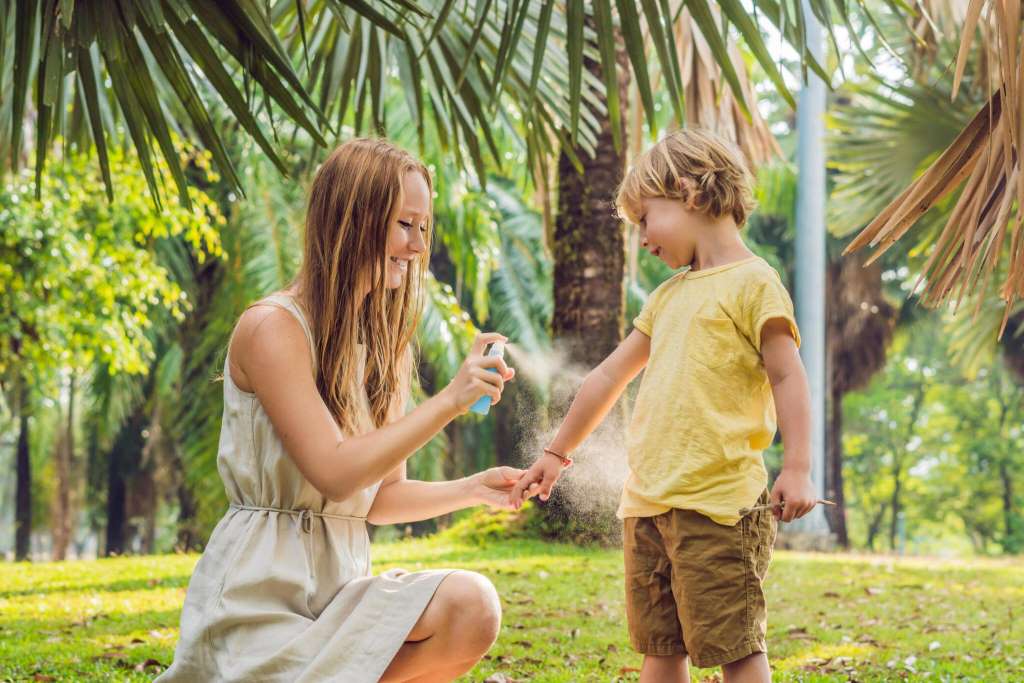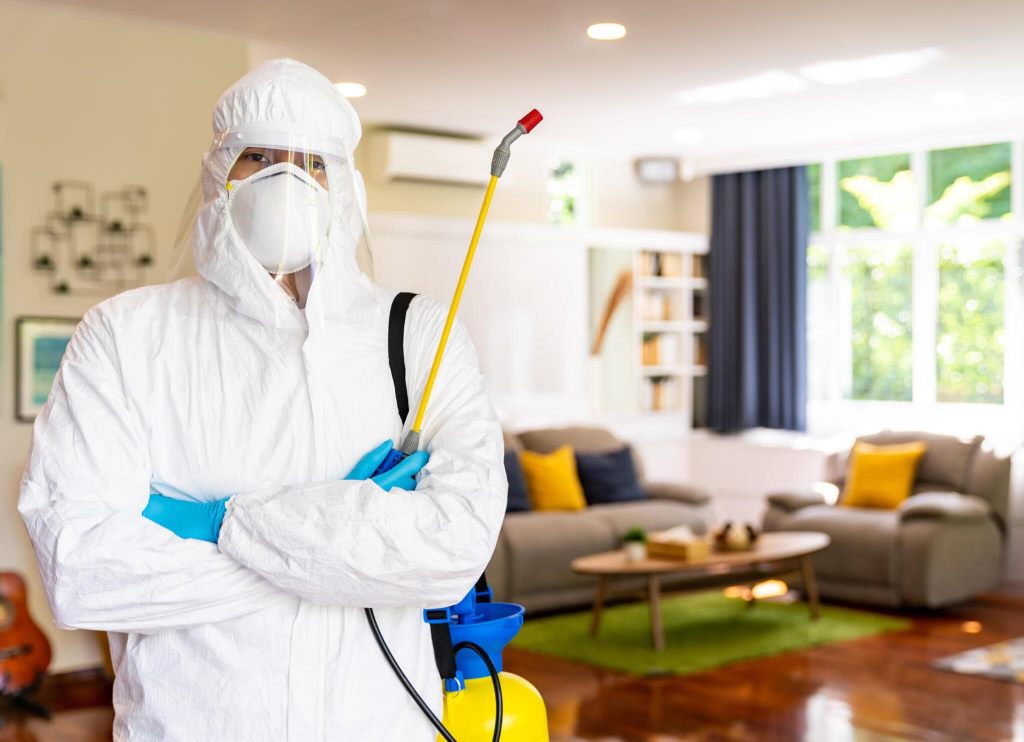In the pursuit of health and well-being, we often focus on skin care routines, nutrition, and exercise. However, one aspect that is often overlooked is the impact of pest control on skin health.
Pest control not only protects our homes from unwanted invaders but also plays a crucial role in safeguarding our skin from irritants, allergens, and potential diseases.
In this comprehensive article, we’ll explore the essential connection between pest control and skin health, highlighting the importance of effective pest management in nurturing overall well-being.
1. Understanding the Significance of Pest Control
Pest control encompasses various methods and techniques aimed at managing and eliminating pests such as insects, rodents, and other nuisance creatures. While the primary objective of pest control is to maintain a hygienic environment and protect property, its impact on human health, particularly skin health, cannot be overstated.

Importance of Pest Control for Skin Health
- Preventing Bites and Stings: Effective pest control measures help reduce the risk of insect bites and stings, which can lead to skin irritation, inflammation, and infections.
- Minimizing Allergic Reactions: By eliminating allergens and irritants, pest control helps prevent allergic reactions that can manifest as rashes, hives, and other dermatological issues.
- Reducing Exposure to Harmful Chemicals: Proper pest management practices ensure minimal exposure to toxic pesticides and chemicals, which can cause skin sensitivities and other adverse health effects.
- Improvement of Indoor Air Quality: Certain pests like cockroaches and dust mites contribute to indoor air pollution, which can exacerbate respiratory conditions and skin allergies. By controlling these pests, indoor air quality is improved, creating a healthier environment for the skin and overall well-being.
2. Common Skin Conditions Caused by Pests
Pests pose various threats to skin health, ranging from minor irritations to severe allergic reactions and dermatological diseases. Understanding these risks is crucial for implementing effective rodent control strategies.
Insect Bites and Stings
- Mosquitoes, ants, bees, and other insects can inflict painful bites and stings that result in itching, redness, swelling, and discomfort.
- Scratching insect bites can break the skin’s barrier, leading to secondary infections and potential scarring.
Allergic Reactions
- Some individuals may experience allergic reactions to insect venom, pollen, or other allergens present in pest infestations.
- Allergic reactions can range from mild skin irritations to severe anaphylactic shock, requiring a good medical hospital.
Exposure to Toxic Chemicals
- Pesticides and insecticides used in pest control treatments contain harmful chemicals that can penetrate the skin and cause irritation, redness, and inflammation.
- Prolonged or repeated exposure to these chemicals may contribute to the development of more serious dermatological conditions over time.
3. Implementing Effective Pest Control Strategies
To protect skin health and minimize the risk of pest-related skin conditions, it is essential to adopt proactive pest control measures that prioritize safety, sustainability, and effectiveness.
Integrated Pest Management (IPM)
- Integrated Pest Management (IPM) is a comprehensive approach to pest control that emphasizes prevention, monitoring, and control strategies tailored to specific pest problems.
- IPM techniques include habitat modification, biological controls, and the targeted application of pesticides to minimize environmental impact and ensure long-term pest management.

Professional Pest Control Services
- Engaging professional pest control services ensures thorough inspections, targeted treatments, and ongoing monitoring to effectively manage pest populations.
- Trained technicians utilize safe and efficient methods to eradicate pests while prioritizing skin health and environmental sustainability.
Non-Toxic Pest Control Methods
- Eco-friendly pest control alternatives such as botanical insecticides, pheromone traps, and natural repellents offer effective solutions without compromising human health or the environment.
- These non-toxic methods are safe for use around children, pets, and sensitive individuals, making them ideal for residential and commercial applications.
Regular Maintenance and Inspection
- Routine inspections of indoor and outdoor spaces help identify pest infestations and potential entry points before they escalate into larger problems.
- Proper sanitation practices, including cleaning up food spills, sealing cracks and crevices, and removing clutter, can help deter pests and minimize the risk of infestations.
4. Promoting Skin Health Through Pest Control
Individuals can protect skin health and promote overall well-being by prioritizing effective pest control practices. Incorporating pest control measures into daily routines and adopting eco-friendly solutions can contribute to healthier skin and a safer living environment for everyone. If you are looking for a professional pest control service then you can contact New Orleans Pest Control.
Prevention is Key
- Implement preventive measures such as sealing entry points, installing screens on windows and doors, and using insect repellents to minimize the risk of pest infestations.
- Regularly clean and declutter your home to eliminate food debris, standing water, and other attractants that may draw pests indoors.
Choose Safe and Sustainable Solutions
- Opt for pest control products and methods safe for human health and the environment, such as organic pesticides, pheromone traps, and biological controls.
- Consider enlisting the services of professional pest control companies that specialize in eco-friendly and humane pest management practices.
Educate Yourself and Others
- Stay informed about common pests in your area, their habits, and potential health risks associated with pest infestations.
- Educate family members, neighbors, and community members about the importance of pest control in safeguarding skin health and promoting a healthy living environment.

Conclusion
In conclusion, pest control plays a critical role in protecting skin health and nurturing overall well-being. By implementing effective pest management strategies and prioritizing safety and sustainability, individuals can minimize the risk of pest-related skin conditions and create a healthier living environment for themselves and their families.
Whether through preventive measures, non-toxic pest control methods, or regular maintenance and inspection, taking proactive steps to address pest infestations is essential for maintaining healthy, radiant skin and promoting a higher quality of life.
By recognizing the vital connection between pest control and skin health, we can strive towards a future where everyone can enjoy healthy, pest-free living spaces.

